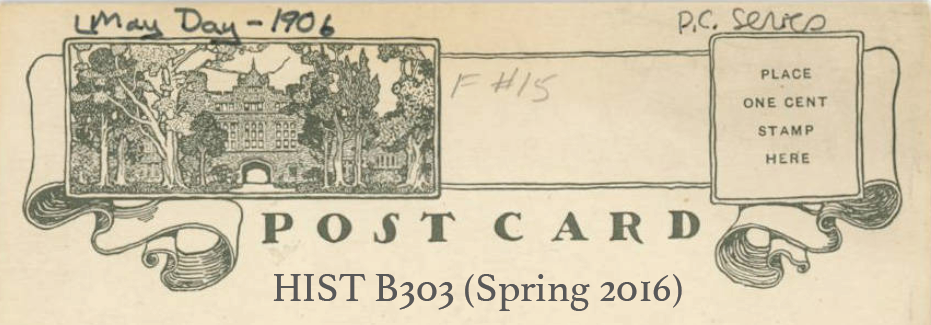I had the fortune of hearing Nia Turner speak during my first year here, when she and Evie Rich were brought to campus to talk about their experiences as students of color on Bryn Mawr’s campus. The two knew each other from an oral history project Turner had undertaken during her time here, and much of the time was spent recollecting that relationship and speaking about Rich’s experiences at Turner’s prompting. While Turner did not mention her work with the Perry House Library, it came as no surprise when her name cropped up in this record.
Thinking about all that, though, made me consider how Turner is maintaining her ties with the Bryn Mawr community, and the implications that could have for her Perry House library. I was wandering around Canaday a few days ago (long story) and saw that the Rainbow Alliance had bookshelves filled with their books, something I hadn’t realized was present before (and is maybe connected to the LGBT project? I’m not one hundred percent sure how the privacy rules would have changed for that to happen…), but to my knowledge the ECC doesn’t hold open library hours (correct me if I’m wrong). Turner’s project, it seems, was successful… but only to a point.
So how long does student activism last? Some projects can be carried out within the span of our three or four or five years here, but a lot require maintenance– just look at Black at Bryn Mawr. How do you build projects that will outlive you when you have so little time on campus? It’s good to leave some work for the next generation, but it’s hard to know how much. And of course archives have a role to play in this, to document how far one person or another came, but documenting your activity may require the ability to realize that the next group may want something different from what you do, or that circumstances change (Perry House was still around when Turner was here, for an obvious example). This will always be the case with movements for change, but I do think it’s particularly pronounced on campuses, because here the institutional memory of students is so short.
Or maybe we just need to find ways to ensure that someone wants to do maintenance.
